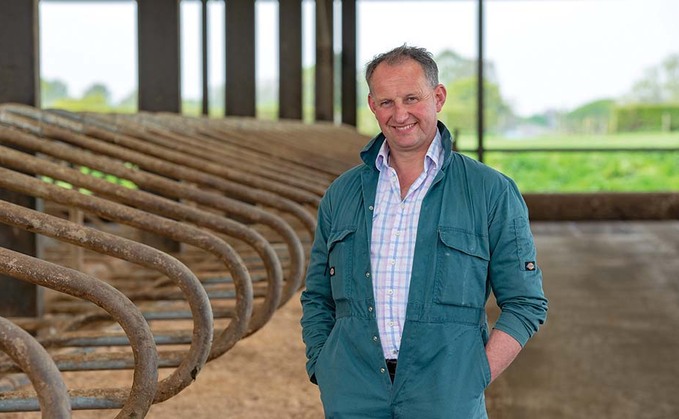
Writing this as we enter the last week of August I am reminded of how our industry is at the mercy of the weather. Since early June we have witnessed some difficult harvesting conditions.Spring barley...

Writing this as we enter the last week of August I am reminded of how our industry is at the mercy of the weather. Since early June we have witnessed some difficult harvesting conditions.Spring barley...
Farming communities demonstrated strength and resilience to overcome the foot-and-mouth crisis and its aftermath. But have lessons been learnt 25 years on?
David and Jo Clarke set out to make farmhouse Red Leicester the way it was originally intended, and their raw milk Sparkenhoe is now named the world's Best Territorial Cheese
Is the Government waging a war on the countryside with proposals to merge section 1 & 2 regulations on firearms licenses which could undermine the countryside, the rural way of life, farmers and gamekeepers?